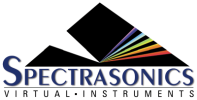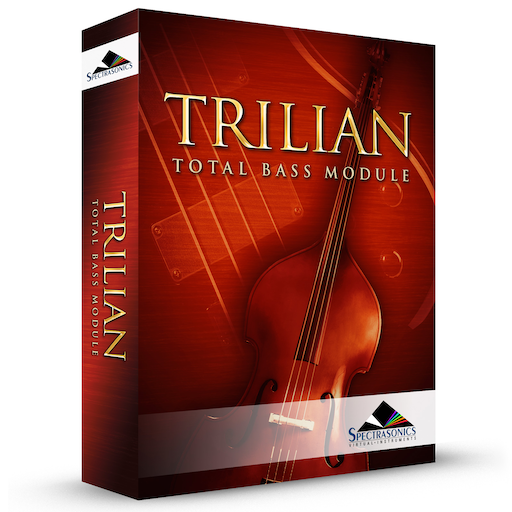

The BPM Delay offers a single “true-stereo” delay unit that is always in-sync with the host’s tempo. The feedback and drive controls can produce some cool sounds with the built-in resonant filtering.
MINI-SLIDER
Controls the mix of the dry signal and the processed (Wet) signal. The percentage indicated is the amount of the signal that is Wet.
Range: 0 to 100%
PAGE ONE CONTROLS
- LEVEL
Adjusts the overall output volume.
Range: 0 to 1
- PAN
Controls the spatial placement of the delayed audio in the stereo field.
- BOUNCE
Controls how much the delayed audio bounces between the left and right channels.
Range: 0 to 100%
- DELAY
Drop-down menu that allows you to choose the time value of the delayed audio.
Choices: 1/1, 1/2, 1/4, 1/8, 1/16, 1/32, 1/64, 1/96, 1/1dot, 1/2dot, 1/4dot, 1/8dot, 1/16dot, 1/1triplet, 1/2triplet, 1/4triplet, 1/8triplet, 1/16triplet
- TONE
Controls whether the delayed audio goes through a high-pass or low-pass filter. In the center, the filter is turned off, similar to the Master Filter on the Edit Page.
Range: 0 to 1
- EMPH
Controls the resonance of the Tone control cutoff frequency in the delayed signal.
Range: 0 to 1
- FEEDBACK
Feeds the delay signal back to the input for echo repeats.
Range: 0 to 1
PAGE TWO CONTROLS
- [OVERDRIVE] FEEDBACK LOOP
Inserts the Overdrive and Tone Filter into the Feedback Loop. This is useful for producing echoes that get darker with each successive repeat, and also for creating infinite dub-style echo feedback.
CAUTION: Turning this switch ON can produce extremely loud and powerful howling feedback signals which can damage your ears and your speakers, so watch out!
- [OVERDRIVE] TYPE
Selects between Odd or Even harmonic distortion for the delayed signal.
- [OVERDRIVE] DRIVE
Controls the amount of overdrive distortion in the delayed signal.
Range: 0 to 1
- [OVERDRIVE] PRE / POST
Selects between the overdrive circuit being placed before the Tone Control filter (PRE), or after the Tone control filter (POST).
Need more help with this?
Spectrasonics Customer Support



